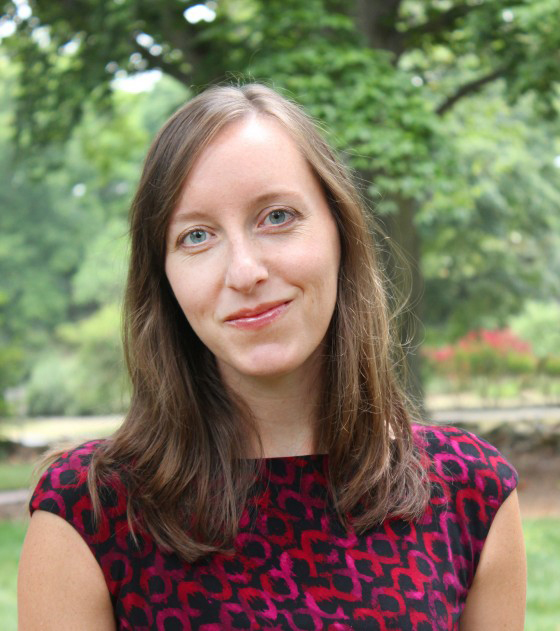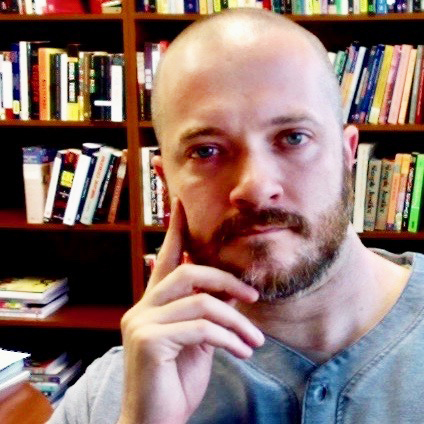United Campus Workers (UCW) has officially chartered the first registered labor union at the University of Mississippi.
The campus chapter will become the “local,” or founding chapter of UCW, for the state of Mississippi, but the charter can expand to any public university within the state.
The union was approved by its national organization, the Communication Workers of America. It did not have to seek approval from the university because it is not a university-sanctioned organization, just a “group of workers who have formed a union,” as Jessica Wilkerson, union co-founder and assistant professor of Southern Studies and history said.

Photo courtesy: The University of Mississippi Arch Dalrymple III Department of History
Several university professors began organizing last year in hopes of establishing an Ole Miss chapter of UCW, a labor union group originally founded at the University of Tennessee-Knoxville.
Karly Safar, an organizer with the Communication Workers of America, said UCW was initially founded at the University of Tennessee-Knoxville as a result of a living wage campaign.
“Custodians that worked in the dorms, in alliance with professors and students, launched a campaign for the university to pay all employees a living wage,” Safar said. “From there, they expanded to community colleges and most of the public higher educations in Tennessee.”
Organizers of the Ole Miss chapter, Wilkerson and Ole Miss reference and instruction law librarian Ellie Campbell, have chartered the all-inclusive labor union with goals to resolve misconceptions about labor unions in “right-to-work states” and to make sure university-employed voices are heard.
“We are a wall-to-wall union, and that means we welcome anyone who gets a paycheck from this university,” Wilkerson said.
Mississippi is a “right-to-work” state, which mean that unions are not illegal, but union membership cannot be a condition of employment.
Wilkerson said the group held informal meetings last fall and in January 2018 to gauge the number of the campus faculty, staff and students who would be interested in starting a union on campus.
Before chartering, UCW set a goal of recruiting 50 members for the founding cohort, Wilkerson said. After reaching the goal, the union began the process of chartering and becoming official.
“Many unions in the South were at the forefront of fighting against racial and sexual discrimination, as well,” Wilkerson said. “I hope that our union builds on these legacies and works to make ours a fairer and safer workplace for everyone.”
James Thomas, assistant professor of sociology and anthropology, is another early member of UCW.
“Our mission is to unite the University of Mississippi’s diverse workforce — including part-time and full-time staff, faculty and student laborers — to address the critical issues we all face,” Thomas said
Thomas said the U.S. Constitution’s First Amendment protects employees’ right to unionize.

Photo courtesy: The University of Mississippi Department of Sociology and Anthropology
“You cannot be fired for joining a union,” Thomas said. “Unions are not antithetical to democracy. They are one of its strongest features. Unions are responsible for nearly every single significant gain American workers have ever received, from eight-hour workdays to weekends to paid leave.”
Wilkerson said her mission is for people to think something more of the word “union” when associated with UCW.
“People hear ‘union,’ and they think wages and benefits, but we have a broader mission than that,” Wilkerson said. “We want to build and sustain social and economic justice in our workplaces and in our communities. We’re interested in the broad range of labor issues. If you come to work and feel unsafe because of racism, sexism or homophobia, that’s a labor issue. That would be something, as a union, we would want to address.”
According to “Delta Rainbow” by Sally Palmer Thomason, black female laundry workers on campus in the 1940s organized a strike in protest of horrible working conditions and low pay. They received a small raise, better hours and several large fans for the warm laundry room, but no union was ever formed.
“When workers feel heard and valued, then they are more invested in the overall success,” said Wendy Goldberg, core lecturer in the department of writing and rhetoric at Ole Miss and member of UCW. “While we have representative bodies at the university, such as the faculty senate and the staff council, we don’t have a body that represents everyone. The United Campus Workers fills this role.”
United Campus Workers will represent every branch of employees rather than a specific sector.
“At a very basic level, I hope that I can better understand the needs of my colleagues, as well as other employees across campus— from custodial staff and food service workers to adjuncts and other non-tenure track faculty on campus,” said Jodi Skipper, associate anthropology professor and member of UCW. “Right now, I don’t see a pragmatic way of doing that outside of the UCW. I am also hopeful that the UCW can help to highlight issues around gender equity in salaries.”
The UCW chapter on the Ole Miss campus has not established a specific campaign or focus. At the University of Georgia, the group led a campaign about employee parking fees. At the University of Tennessee, UCW carried out a campaign focused on safety and health hazards that custodial workers face.
Wilkerson added that “lack of maternity leave … questions about benefits and that which affects all full-time employees” are issues that could be focused on in a unified labor union.
“You can’t do much if you don’t even know what the issues are,” Wilkerson said. “It’s important for United Campus Workers in particular to think about who have been the most vulnerable employees, and if we can address some of their issues, the likelihood is that it makes it a better place for everybody.”






